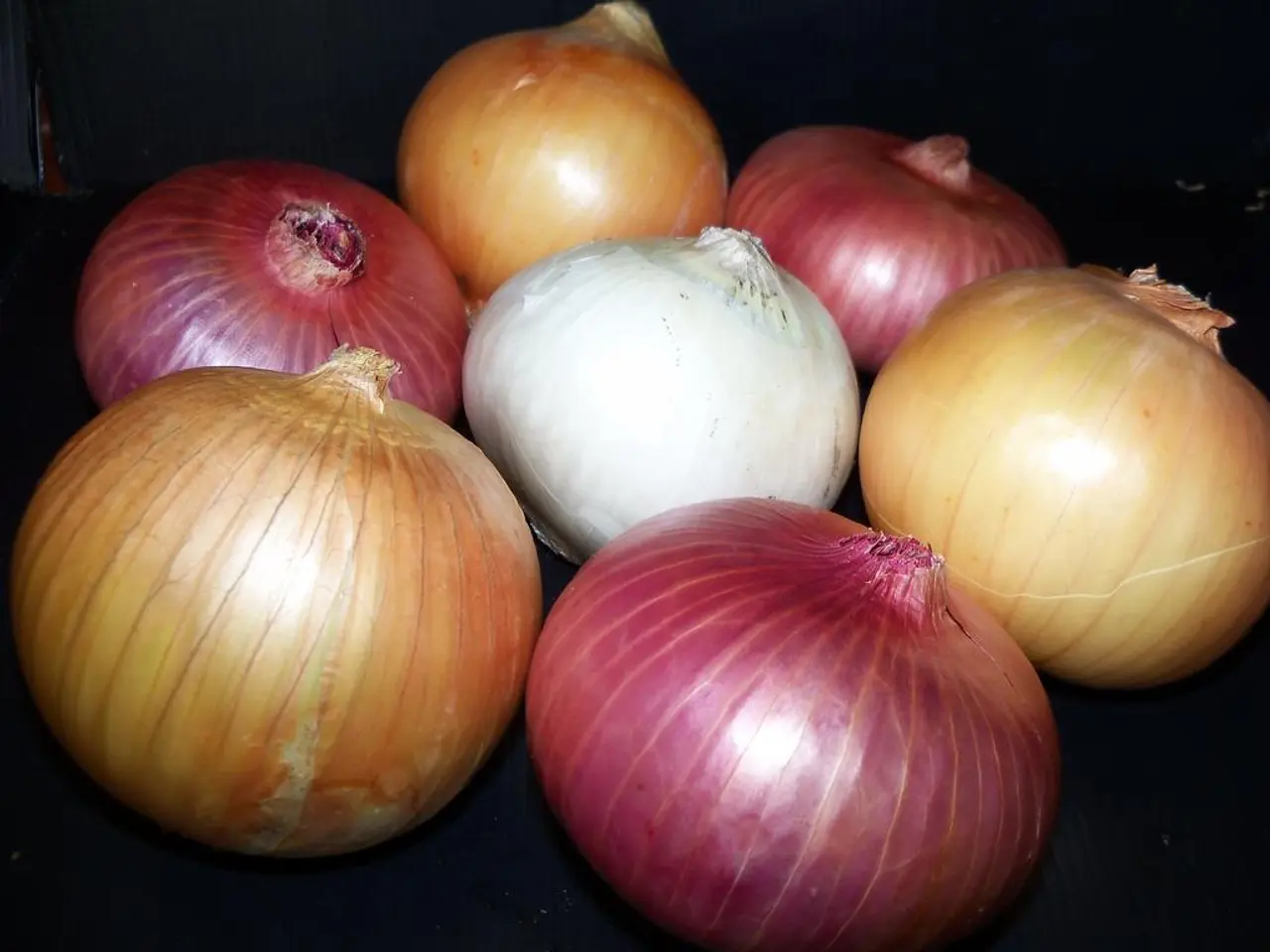Garlic and its Impact on Blood Pressure Levels
In the realm of natural remedies, garlic has long been a trusted ally for improving health and wellbeing. Known scientifically as Allium sativum, this versatile bulb has been utilised for medicinal purposes for thousands of years, with archaeological discoveries of garlic bulbs in Egyptian pyramids being a testament to its historical significance.
One of the most promising areas of garlic's health benefits is its potential role in managing blood pressure. Recent research suggests that garlic, particularly aged garlic extract, can effectively lower both systolic and diastolic blood pressure. This is attributed primarily to allicin, a sulfur-containing compound in garlic, which promotes vasodilation by relaxing blood vessel walls and inhibiting angiotensin production.
Several well-conducted studies and meta-analyses have consistently shown that aged garlic supplements can reduce systolic blood pressure by an average of 5 mmHg. Some responders have experienced drops as large as 11.5 mmHg systolic and 6.3 mmHg diastolic compared to placebo. One notable study even found that garlic supplementation was as effective as some prescription blood pressure medications after 24 weeks of use.
However, it is important to note that garlic should not be seen as a replacement for blood pressure medication. Dr. Sarraju, a leading expert in the field, emphasises that hypertension control is 70% lifestyle and 30% medication. Furthermore, some people may be allergic to garlic, and concentrated garlic in any form should be avoided.
The recommended way to consume garlic for potential health benefits is by cooking with it. This not only makes heart-healthy diets like the DASH diet tastier but also allows for a more controlled intake. Studies often use 600-1,200 mg of garlic extract daily or about 2-3 cloves of raw garlic (around 20 grams daily) to achieve these effects.
It is also worth noting that the FDA does not regulate the sale of garlic pill supplements, meaning you can't be sure of the dosage or quality. This underscores the importance of consulting a healthcare professional before starting any new supplement regimen.
Beyond its blood pressure-lowering properties, garlic also offers cardiovascular health benefits by reducing LDL cholesterol by 10-15%. Moreover, garlic possesses anti-inflammatory, antioxidant, and antibiotic properties, making it a multi-faceted tool in maintaining overall health.
However, garlic may not be suitable for everyone. People with certain health conditions, such as those on blood thinners, should exercise caution as garlic can interfere with blood clotting. Additionally, those with stomach issues like gastroesophageal reflux disease (GERD) and irritable bowel syndrome (IBS) may see their symptoms worsen when they eat garlicky food.
In conclusion, while the scientific evidence supports garlic's role in lowering systolic and diastolic blood pressure, particularly in individuals with hypertension, it is essential to approach its use with caution. Consulting a healthcare professional is crucial to ensure that garlic supplementation is safe and effective for individual needs.
- Garlic's health benefits extend beyond just food, with a particular focus on cardiovascular health and medical conditions, such as managed blood pressure.
- Studies suggest aged garlic extract can significantly lower blood pressure, with reductions averaging 5 mmHg in systolic pressure.
- It's important to remember that garlic should not replace blood pressure medication, as hypertension control is largely influenced by lifestyle factors.
- For potential health benefits, cooking with garlic or consuming 2-3 cloves of raw garlic daily is preferred, while using garlic extract supplements requires careful dosage and quality consideration.
- The FDA does not regulate garlic supplements, making it essential to consult a healthcare professional before beginning a new regimen.
- Garlic offers additional health advantages, including reducing LDL cholesterol, exhibiting anti-inflammatory, antioxidant, and antibiotic properties, but people with certain health conditions, such as blood thinners, stomach issues, and specific medical conditions, should use caution when consuming garlic.




